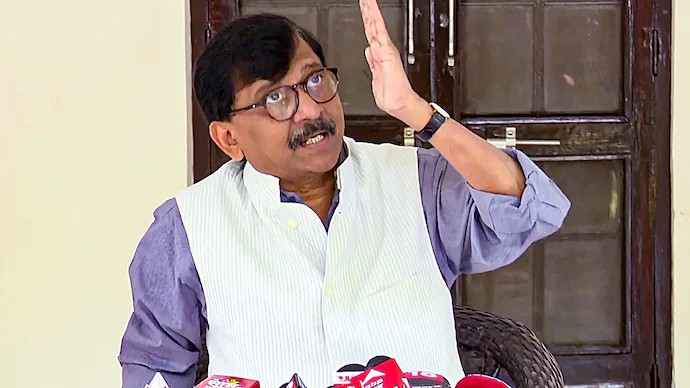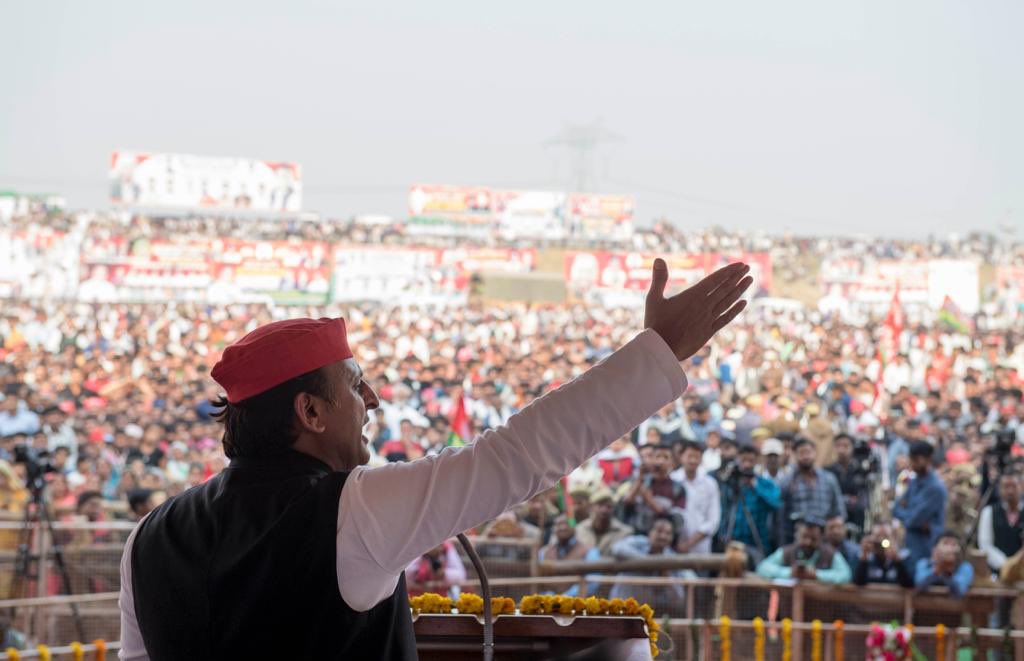What’s Behind Sanjay Raut’s Criticism of Operation Sindoor Delegations?
Sanjay Raut, a prominent leader of Shiv Sena (UBT), has stirred controversy by labeling India’s diplomatic initiative for Operation Sindoor as a “baraat” (wedding procession). This remark targets the government’s decision to send seven all-party delegations, comprising 51 political leaders, to 33 world capitals to brief foreign governments on India’s stance against cross-border terrorism, particularly with Pakistan. The delegations, including notable figures like Shashi Tharoor, Asaduddin Owaisi, and Supriya Sule, aim to clarify India’s position on Operation Sindoor amid escalating tensions. But why has Raut criticized this move, and what’s the political context?
Raut’s primary critique questions the necessity of these delegations. He argues that India’s ambassadors, already stationed globally, are equipped to handle diplomatic briefings, rendering the delegations redundant. By calling the initiative a “baraat,” Raut mocks its scale and questions its funding, implying it’s an extravagant political stunt. He specifically criticized the inclusion of MPs like Shrikant Shinde, son of Maharashtra’s Deputy CM Eknath Shinde, questioning their relevance in representing India abroad. Raut’s remarks also reflect his frustration that Shiv Sena (UBT), despite its Lok Sabha strength, was not given a leadership role in any delegation.
"This is turning into a tourism program. In the name of Operation Sindoor and terrorism, they’ve basically opened a tours and travel company. There is no need for this right now." : Sanjay Raut on All Party Delegation
— The Jaipur Dialogues (@JaipurDialogues) May 18, 2025
He needs Therapypic.twitter.com/RzrsAi2mBZ
What is Sanjay Raut’s Political Motives and why he Calls for Boycott
Raut’s critique extends beyond logistics to accuse the ruling BJP of politicizing Operation Sindoor. He claims the delegations are a calculated move to trap the opposition INDIA bloc into endorsing the government’s narrative. Urging a boycott, Raut warned that participation could align the opposition with the BJP’s political agenda. This sentiment resonates with the Congress party, which expressed discontent over the government’s selective inclusion of only one of its four recommended leaders, fueling perceptions of bias in the delegation selection process.
The controversy highlights deeper political fault lines. Raut’s call for a boycott underscores tensions within the INDIA bloc, as opposition parties grapple with balancing national interest and political strategy. The inclusion of at least one Muslim representative per delegation, aimed at signaling inclusivity, has also been scrutinized, with critics like Raut questioning its tokenistic nature. Meanwhile, the government defends the delegations as a unified effort to project India’s resolve against terrorism on a global stage.
Raut’s “baraat” remark has sparked debate and how it reflects broader political dynamics. As Operation Sindoor continues to shape India’s diplomatic narrative, the controversy underscores the challenge of aligning domestic politics with international outreach. For those searching for clarity on Sanjay Raut’s stance or the Operation Sindoor delegations, this article breaks down the key issues, offering a concise yet comprehensive overview of the unfolding drama.





















